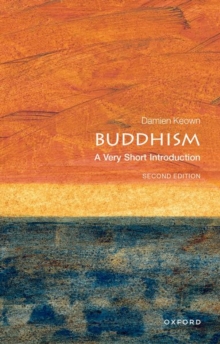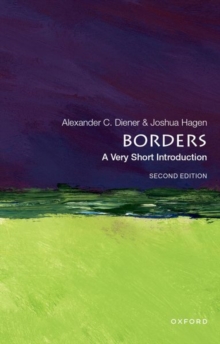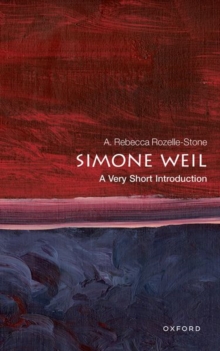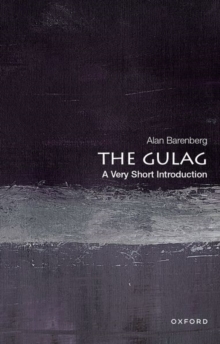
The Cell: A Very Short Introduction Paperback / softback
by Terence (Honorary Professor of Structural Cell Biology, Faculty of Medical and Human Sciences Allen, Graham (University of Manchester and The Paterson Institute for Cancer Research) Cowling
Part of the Very Short Introductions series
Paperback / softback
Description
All living things on Earth are composed of cells. A cell is the simplest unit of a self-contained living organism, and the vast majority of life on Earth consists of single-celled microbes, mostly bacteria.
These consist of a simple 'prokaryotic' cell, with no nucleus.
The bodies of more complex plants and animals consist of billions of 'eukaryotic' cells, of varying kinds, adapted to fill different roles - red blood cells, muscle cells, branched neurons.
Each cell is an astonishingly complex chemical factory, the activities of which we have only begun to unravel in the past fifty years or so through modern techniques of microscopy, biochemistry, and molecular biology. In this Very Short Introduction, Terence Allen and Graham Cowling describe the nature of cells - their basic structure, their varying forms, their division, their differentiation from initially highly flexible stem cells, their signalling, and programmed death.
Cells are the basic constituent of life, and understanding cells and how they work is central to all biology and medicine. ABOUT THE SERIES: The Very Short Introductions series from Oxford University Press contains hundreds of titles in almost every subject area.
These pocket-sized books are the perfect way to get ahead in a new subject quickly.
Our expert authors combine facts, analysis, perspective, new ideas, and enthusiasm to make interesting and challenging topics highly readable.
Information
-
Less than 10 available - usually despatched within 24 hours
- Format:Paperback / softback
- Pages:160 pages, 15 black and white illustrations
- Publisher:Oxford University Press
- Publication Date:29/09/2011
- Category:
- ISBN:9780199578757
Information
-
Less than 10 available - usually despatched within 24 hours
- Format:Paperback / softback
- Pages:160 pages, 15 black and white illustrations
- Publisher:Oxford University Press
- Publication Date:29/09/2011
- Category:
- ISBN:9780199578757










